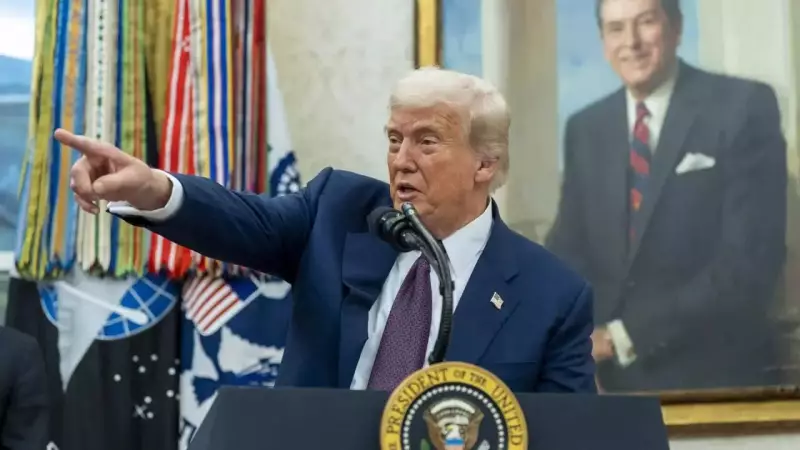
Former President Donald Trump has once again set his sights on one of Washington's most enduring political traditions - the filibuster. In his latest rally cries, Trump has demanded Republican senators eliminate this procedural hurdle, but what exactly does this mean for American democracy?
What Exactly is the Filibuster?
The filibuster isn't some obscure political term - it's a powerful Senate rule that essentially requires 60 out of 100 senators to agree before most legislation can proceed to a final vote. Think of it as a super-majority requirement that gives the minority party significant power to block bills they oppose.
Trump's Long-Standing Battle
This isn't Trump's first rodeo with the filibuster. During his presidency, he repeatedly urged Senate Republicans to "go nuclear" and scrap the rule, particularly when his legislative agenda faced Democratic opposition. His frustration has only grown since leaving office, as he views the filibuster as an obstacle to conservative priorities.
Can a President Actually Eliminate the Filibuster?
Here's where it gets interesting - the President has no direct authority over Senate rules. The power to change or eliminate the filibuster rests solely with senators themselves. This constitutional separation means Trump can pressure and persuade, but he cannot command the change he seeks.
The Nuclear Option: What It Really Means
When politicians talk about "going nuclear," they're referring to a procedural maneuver that would allow senators to change the rules with a simple majority vote rather than the usual two-thirds requirement. This controversial tactic has been used before for certain judicial nominations, but extending it to all legislation would fundamentally transform how the Senate operates.
Why This Matters for American Politics
The filibuster debate isn't just inside baseball - it has real consequences:
- Majority Rule vs Minority Rights: Without filibuster, the majority party could pass legislation more easily
- Political Stability: The filibuster encourages compromise and bipartisan solutions
- Legislative Whiplash: Laws could change dramatically with every shift in party control
The Republican Dilemma
Many Republican senators find themselves caught between Trump's demands and their own institutional interests. While some support eliminating the filibuster to advance conservative policies, others worry about what might happen when Democrats eventually regain control.
As the 2024 election approaches, the filibuster debate represents more than just a procedural dispute - it's a battle over the very soul of American governance and whether majority rule should always prevail over minority protections.





